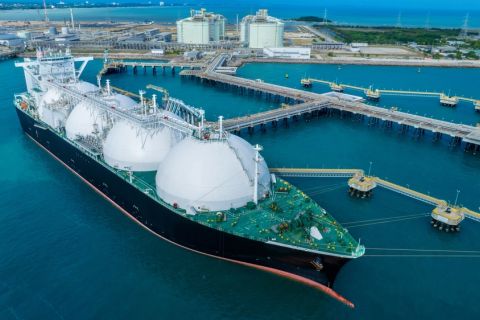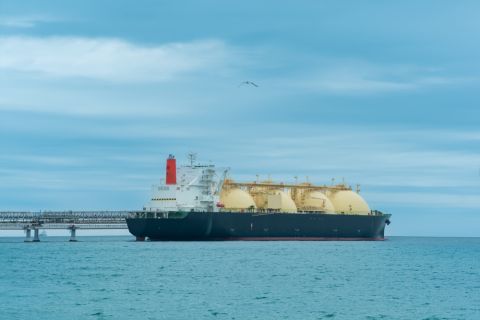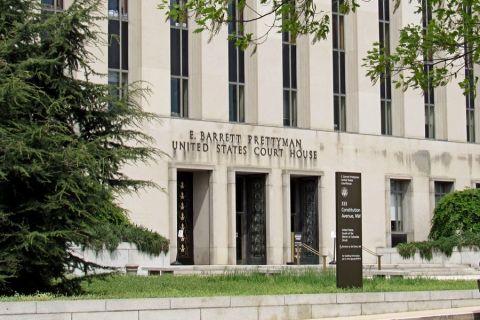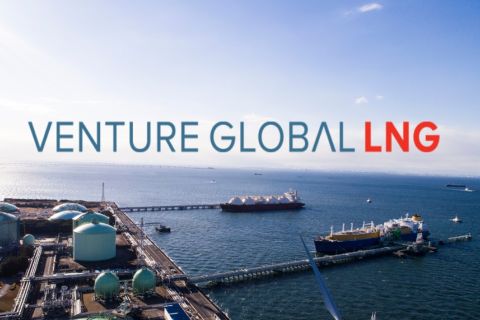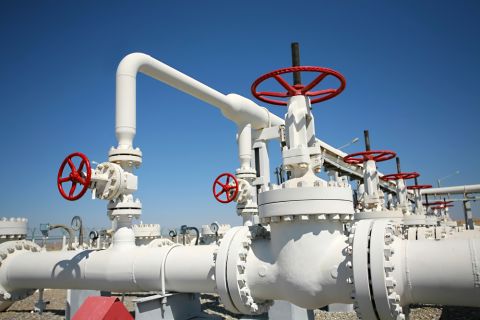
Five days after struggling Buccaneer Energy secured $15.5 million in capital investment, two Singapore investment entities’ July 2 attempt to take over the board of directors appeared to result in a stalemate.
It’s unclear where the company goes from here. The Australian company has long focused efforts on Alaska and the increasingly gas hungry Cook Inlet.
Pacific Hill International Ltd. and Harbour Sun Enterprises Ltd., which own a combined 8.69% interest, forced a shareholder vote that would have ousted the company’s four board members, including CEO Curtis Burton. Burton, who led the management team that founded Buccaneer in 2006, retained his seat.
“We believe they are attempting to take control of the company without proceeding with a formal takeover offer to all shareholders,” former chairman Alan Broome said on June 24.
The Singapore companies had said that “we feel that (Buccaneer) has lost its way and is now in urgent need of a refocused strategy.” Buccaneer, based in Sydney, Australia, has seen its share price steadily decline to $0.04 per share since January.
Pacific and Harbour successfully installed three new board members, but not before Buccaneer played a game of palace intrigue, squeezing in a fifth board member and swapping the chairman of the board title from Broome, a director and chairman of several other companies, to another director. Broome was voted out, while the new chairman, David Gallegos, survived the vote. Gallegos serves as the company’s director of finance.
The result: The board is now a game of three on three between the previous directors and takeover directors. However, as an added wrinkle, Buccaneer’s newest stockholder, Meridian Capital International Fund, can appoint a board member of its own. Meridian owns about one fifth of the company’s stock.
Despite owning less than 10% of the company, the Singapore companies were able to force the vote because Buccaneer is listed on the Australian stock exchange. Australian law allows investors with 5% of shares to request a general meeting.
As the power struggle played out, the company announced June 28 that Meridian Capital International Fund had acquired 19.99% interest in the company for $15.45 million. The infusion of capital will fund a 12-month work program of up to eight wells in Buccaneer’s onshore and offshore portfolio.
Meridian is a specialist investor in natural resources with a focus on oil and gas investments.
Buccaneer’s flagship projects are onshore and offshore developments in the Cook Inlet.
The company is developing an onshore gas project in the Kenai Loop, which has probable reserves of 6.4 million barrels of oil equivalent (MMBOE). Other projects in development include exploiting probable reserves of 150.8 MMBOE in the Cook.
The company also has working interests in Texas and the Gulf of Mexico.
A key sticking point for Pacific and Harbour is that its acquisition of an offshore and onshore rig in Alaska was an indication of lost focus, Burton said.
The CEO countered that an integral part of any program in Alaska has to be access to drilling equipment.
“Rigs are in short supply in Alaska,” he said.
Burton said the Singapore companies’ comments “betray the fact that not only don’t understand the basin and the dynamics of what’s necessary to do business there, but haven’t bothered read the things we’ve told the shareholders.”
The companies also complained that board communication was lacking.
“My guess is if these boys are successful at what they’re trying to do, which change out the entire board a year from now you’ll have a similar thing you can say about them,” Burton said. “Because communication is something you can always improve on.”
Buccaneer has offices in Texas and Alaska.
Recommended Reading
Post-Beryl: US LNG Exports Down While Tankers Await Freeport LNG’s Reopening
2024-07-15 - Partial restart on Freeport LNG is anticipated later this week. Meanwhile, the port itself remained closed July 15 to LNG tankers and others with drafts of more than 39 ft.
US Sanctions Two Tankers Linked to Russian LNG Traffic
2024-09-06 - The U.S. State Department’s sanctions follow earlier accusations against Russia creating a “ghost fleet” of tankers.
Appeals Court Strikes Again, Sends Pair of LNG Permits Back to FERC
2024-08-07 - Glenfarne and NextDecade, whose South Texas LNG projects were sent back to FERC by the D.C. Appeals Court, are among companies planning responses to the ruling.
Court Petitioned to Intervene in Calcasieu Pass 2 LNG Project
2024-09-09 - The D.C. Circuit is to consider the case for Venture Global's Calcasieu Pass 2 LNG facility in Louisiana.
Analysts: ‘Rare’ Summer NatGas Drawdown May Occur
2024-08-15 - A natural gas storage withdrawal for the Lower 48 may be in the cards this summer, the first to occur since 2016.
Comments
Add new comment
This conversation is moderated according to Hart Energy community rules. Please read the rules before joining the discussion. If you’re experiencing any technical problems, please contact our customer care team.

